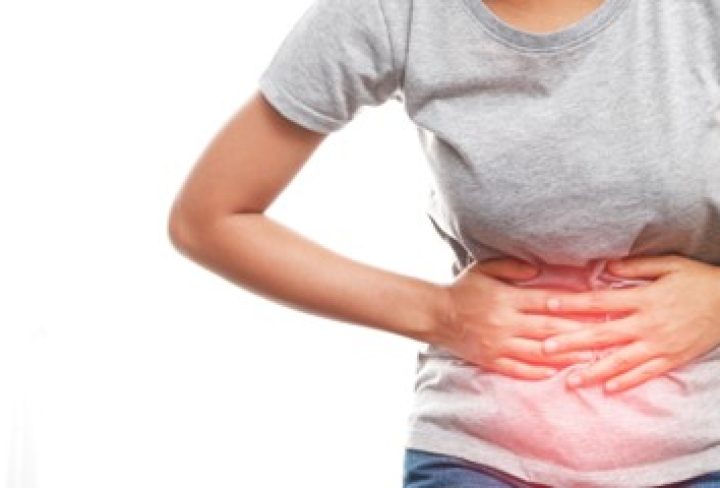Gallstones are hard particles that form in the gallbladder, a small organ beneath the liver. This organ stores bile, a fluid that helps digest fats. These small stones can block the normal flow of bile and cause various health problems.
Who’s at Risk?
Certain factors increase the likelihood of developing gallstones:
- Gender and Age: Women over 40, due to hormonal changes, are more prone to gallstones.
- Weight Issues: Being overweight can raise cholesterol levels in bile, contributing to stone formation.
- Rapid Weight Loss: Losing weight too quickly can disrupt bile composition and promote stone growth.
- Diet Choices: Diets high in cholesterol, saturated fats, and sugars can encourage gallstone development.
- Family History: A family history of gallstones increases your risk.
- Health Conditions: Conditions like diabetes and liver disease can heighten susceptibility.
Preventing Gallstones
While some factors are beyond control, you can take steps to prevent gallstone formation:
- Healthy Eating: Prioritize a balanced diet with plenty of fruits, vegetables, whole grains, and lean proteins. Cut back on fatty and processed foods.
- Gradual Weight Loss: If needed, aim for gradual weight loss through a healthy diet and regular exercise.
- Stay Hydrated: Drinking enough water supports digestion and helps prevent gallstones.
- Regular Exercise: Engaging in physical activity aids weight management and lowers gallstone risk.
- Fiber Intake: Include fiber-rich foods in your diet to promote digestive health.
Diagnosis
If you experience symptoms like severe abdominal pain, nausea, vomiting, or jaundice, consult a doctor. Diagnostic methods include:
- Ultrasound: A non-invasive imaging technique that shows gallstone presence and size.
- CT Scan: A more detailed imaging method to identify gallstone-related issues.
- Blood Tests: These can detect signs of infection or inflammation caused by gallstones.
Practical Tips: Do’s and Don’ts
Following these practical guidelines can help manage gallstone symptoms and reduce the risk of complications:
Do’s:
- Eat Well: Embrace a diet rich in fiber, fruits, vegetables, and whole grains.
- Stay Hydrated: Drink enough water throughout the day.
- Stay Active: Engage in regular physical activity to support digestion and maintain a healthy weight.
- Monitor Weight: If needed, seek gradual and healthy ways to manage your weight.
Don’ts:
- Avoid Crash Diets: Rapid weight loss can trigger gallstone formation.
- Limit Fatty Foods: Reduce consumption of high-fat and fried foods.
- Don’t Skip Meals: Regular meals help regulate bile production and prevent stagnation.
- Moderate Alcohol: Excessive alcohol intake can contribute to gallstone formation.
Gallstones, though common, should not be underestimated in terms of their impact on digestive health. By understanding causes, risks, prevention measures, and practical tips, individuals can actively maintain gallbladder health and overall well-being. Seek medical advice for proper diagnosis and personalized guidance if you suspect gallstones or are at risk.

